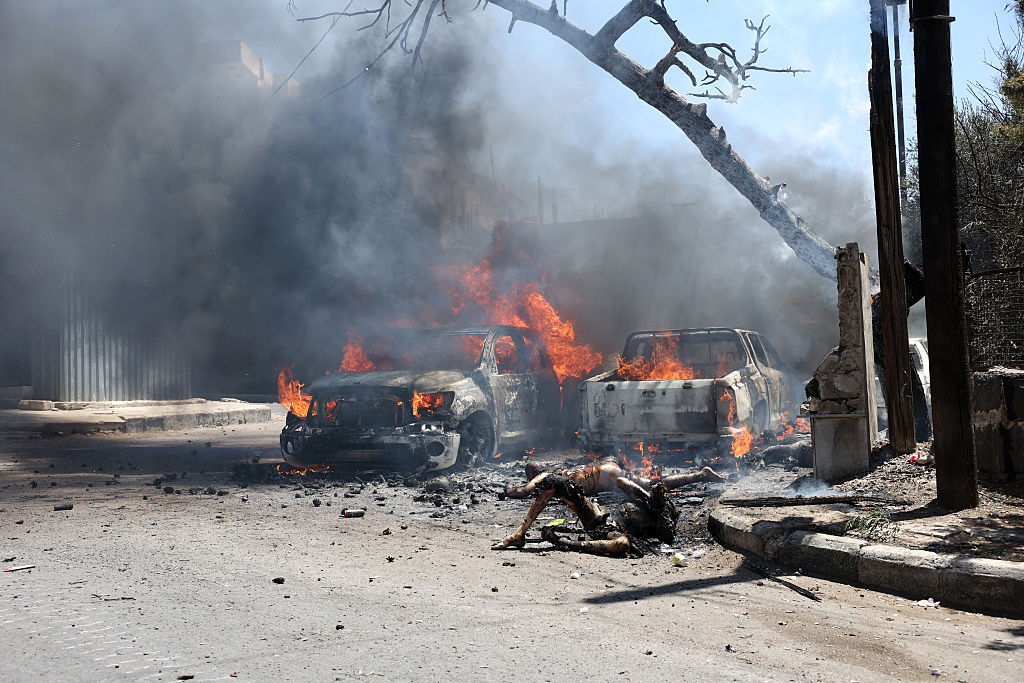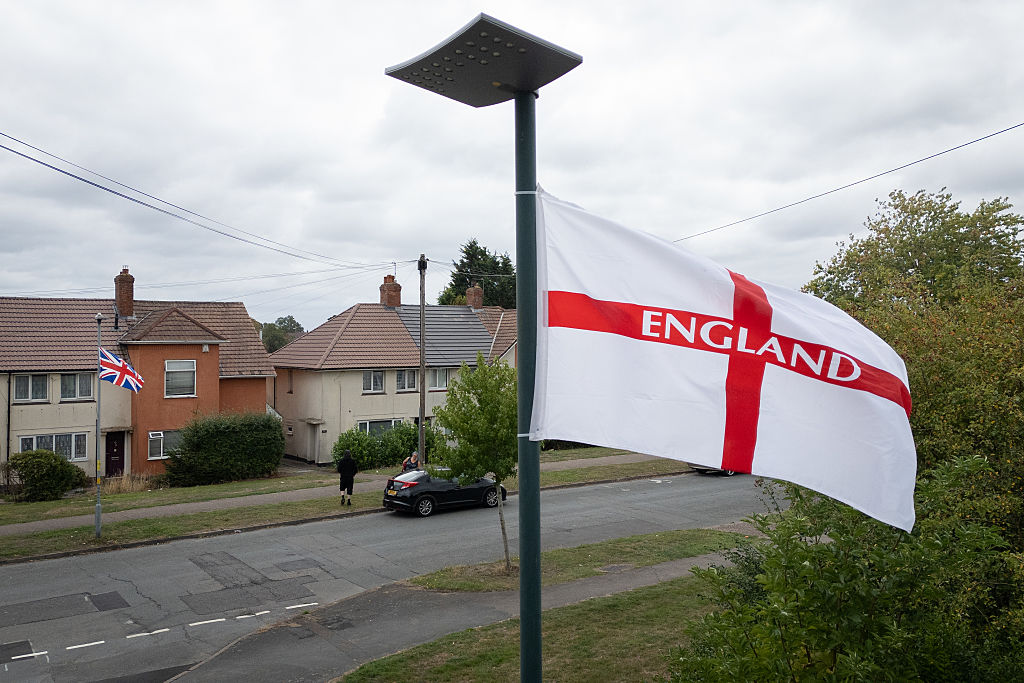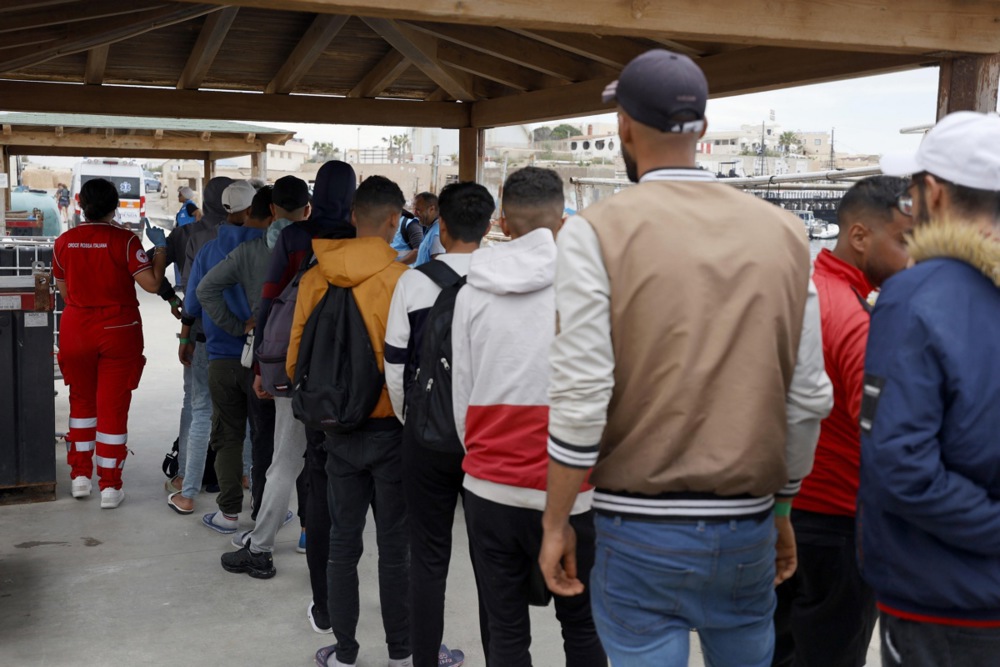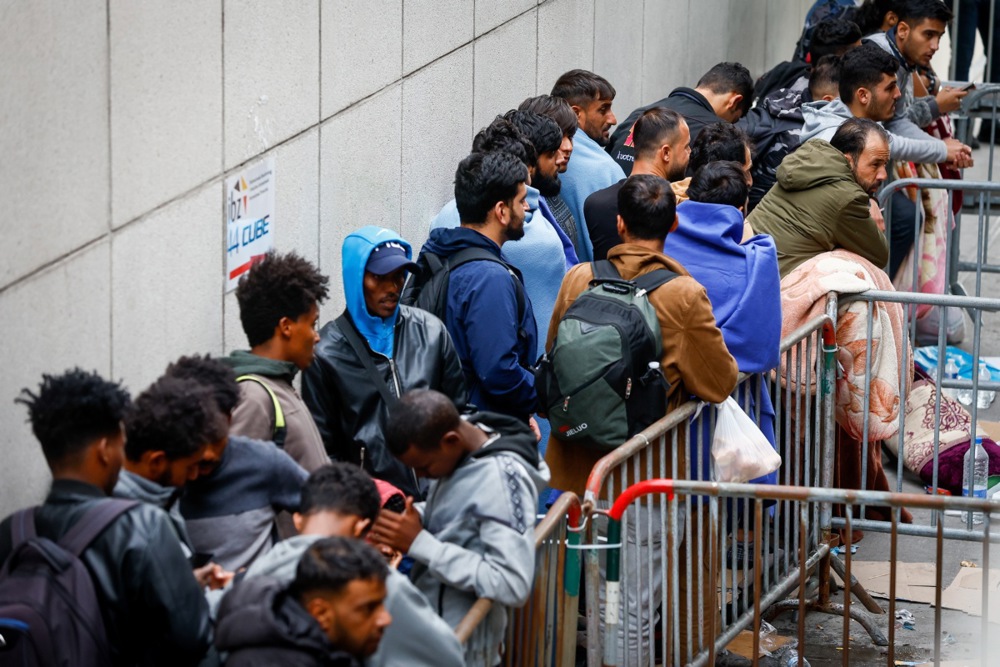Italy’s ruling Fratelli d’Italia (FdI) party tabled a ban for veils that fully cover the face in public spaces, schools, universities, offices and shops.
Prime Minister Giorgia Meloni’s FdI party yesterday proposed the prohibition of the burqa and niqab, garments worn by many Muslim women.
The proposal, first signed by Chamber of Deputies member Sara Kelany alongside fellow deputies Galeazzo Bignami and Francesco Filini, aims to curb what it describes as “Islamic fundamentalism” and the formation of “enclaves” where Sharia law might supersede Italian norms.
Violators could face fines ranging from €300 to €3,000, with the measure framed as a tool for public safety and social cohesion.
This is not the first such initiative from Italy’s right-wing coalition. In January, the Lega party – a key FdI ally – submitted a near-identical bill to parliament.
A landmark 2008 Council of State ruling, though, clarified that religious or cultural reasons constitute a “justified motive”, effectively permitting the burqa and niqab outside specific contexts such as protests.
Regional variations exist. Lombardy has enforcd a ban on full-face coverings in public buildings, including hospitals, since a 2015 regional decree under then-governor Roberto Maroni, upheld by Milan’s Court of Appeal in 2019 as non-discriminatory.
Local ordinances further illustrate the fragmented enforcement.
Proponents, largely from the centre-right, emphasise security and women’s dignity.
Kelany, the FdI bill’s lead author, told daily Il Giornale the measure “serves to counter the birth of enclaves, counter-societies where Sharia law is applied instead of the Italian legal order, and where Islamic fundamentalism proliferates”.
Supporters of the ban described the burqa and niqab as “instruments of oppression against women that we cannot tolerate”.
Critics, including left-wing politicians and Muslim representatives, decry the proposals as discriminatory and Islamophobic, arguing they infringe on religious freedoms without addressing root causes.
Progressive politicians said it sidesteps genuine women’s rights issues.
Yahya Pallavicini, imam and vice-president of the Italian Islamic Religious Community (COREIS), has long opposed such bans, warning in past statements that they stigmatise Muslims and hinder dialogue.
Imam Massimo Abdallah Cozzolino said a ban could be part of safety protection, “but legislation in this sense already exists, so I wonder what the actual usefulness of this proposal is”.
The debate draws parallels to bans in France in 2010, Belgium and Denmark, where fines and civic education courses apply, though enforcement has been uneven – France has issued around 1,500 fines since 2011.
An Austrian court has ruled Islamic Sharia law can be used for arbitration purposes in the European country if the contract parties agree on it. https://t.co/cJEhzwzPAs
— Brussels Signal (@brusselssignal) August 19, 2025





